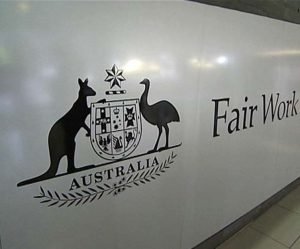 Three Bills currently sit before the Senate and are scheduled to be heard in the current parliamentary sitting. Each addresses different areas of concern with the current Fair Work Act 2009 (FW Act), with some decidedly less controversial than others.
Three Bills currently sit before the Senate and are scheduled to be heard in the current parliamentary sitting. Each addresses different areas of concern with the current Fair Work Act 2009 (FW Act), with some decidedly less controversial than others.
The Bill, which is likely to see very little if any lively debate, is one which will have both employer and employee organisations breathing a sigh of relief. The Fair Work (Repeal of 4 Yearly Reviews and Other Measures) Bill 2017 repeals the current requirement for the Fair Work Commission (FWC) to conduct four yearly reviews of modern awards. While the four yearly requirement goes, interested parties will still have the opportunity to make, vary and revoke modern awards consistent with the modern awards objective.
Another small but significant change that will hopefully cause less stress for employers is that the FWC will now have the power to approve enterprise agreements even where there is a technical or minor deficiency with approval requirements where employees have not been disadvantaged in their capacity to genuinely agree to the terms of a proposed enterprise agreement. Once this change is made, hopefully the days of a staple in a document rendering the entire bargaining process invalid and incapable of rectification are behind us.
The final part of this Bill will have the least impact on employers and employees but will give the Minister for Employment and President Ross greater power in dealing with complaints and other disciplinary actions involving members of the FWC.
A slightly more controversial legislative change can be found in the Fair Work (Corrupting Benefits) Bill 2017. These changes have come about as a result of recommendations from the Report of the Royal Commission into Trade Union Governance and Corruption. The nub of the changes are:
- It will be a criminal offence to pay, receive or solicit a corrupting benefit.
- It will be criminal offence for a national system employer to promise or provide any cash or in-kind payment other than certain legitimate payments to an employee organisation or its prohibited beneficiaries; it will also be an offence to receive such a payment.
- Bargaining Representatives must disclose financial benefits that they or a connected person or body reasonably expect to receive because of a term of the proposed agreement; this will be a civil penalty provision but will not affect whether the enterprise agreement is approved.
These changes should be carefully reviewed by employers and unions alike, particularly if there are any long standing arrangements to provide contributions to union affiliated organisations, or mandated use of particular products (such as income protection) through enterprise agreements where employers or unions are in receipt of a reciprocal financial benefit for use of that product.
The final Bill, the Fair Work (Protecting Vulnerable Workers) Bill 2017 comes on the back of a senate inquiry into the exploitation of temporary visa workers and the Fair Work Ombudsman’s inquiry into 7-Eleven and the labour hire practices of the Baiada Group in NSW.
The intent of this legislation is to ensure that franchisors and holding companies cannot escape sanction when they knew or ought to have known organisations over which they have a significant degree of influence or control are in breach or likely to be in breach of their obligations under the FW Act. There will be an active duty on franchisors and holding companies to take reasonable steps to ensure franchisees and subsidiaries meet their employment obligations.
These changes also introduce a concept of “serious contraventions” which will attract higher penalties for breaching workplace laws.
Further, the changes contain an express prohibition on employers from unreasonably seeking payments from employees.
Finally, to counteract the concerns about systemic underpayments uncovered as part of the 7-Eleven and Baiada group investigations, there has been a strengthening investigatory powers of the Fair Work Ombudsman.
While franchisee arrangements are not prevalent in the resources and energy sector, that the obligations are extended to holding companies means that businesses should ensure that they have mechanisms in place to correctly identify employment entitlements and ensure that these are paid to employees. While particularly aimed at recidivist employers and not where an inadvertent and confined error is made, the changes serve as a timely reminder to ensure the processes in place are fit for purpose.
AREEA members can expect a more detailed briefing on the changes to legislation, including likely impact once the Bills have passed through the senate. Please contact the policy team at [email protected] if you would like further details.



